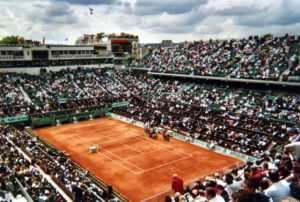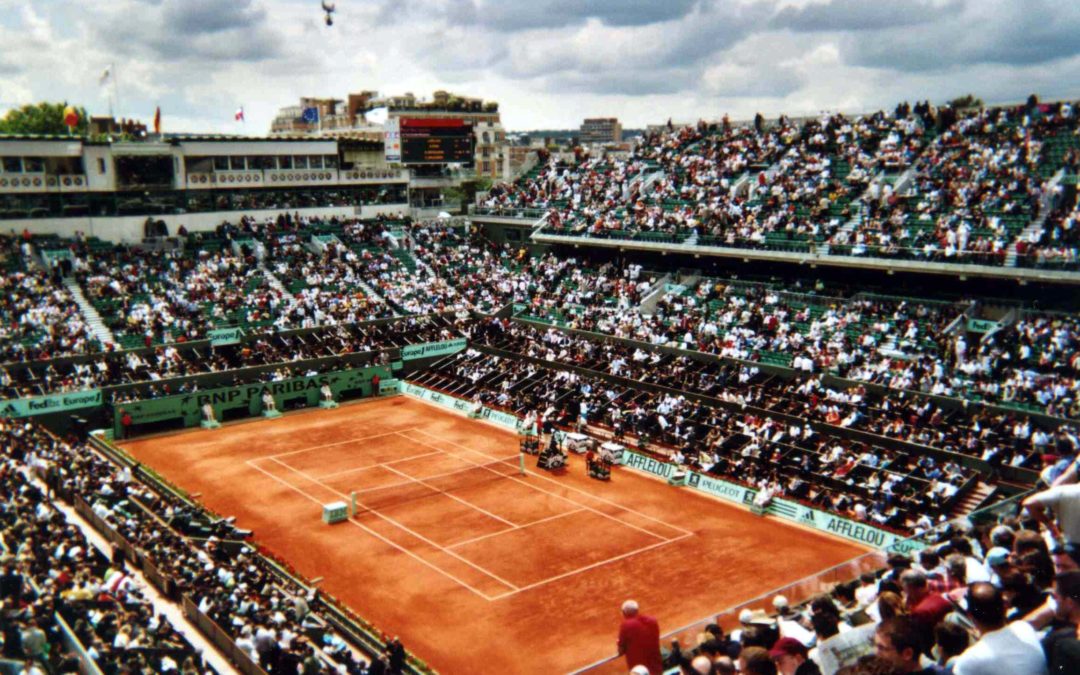 Every June, for two weeks, you can witness the best tennis players in the world in action as they spin through the corridors of the Roland Garros stadium for the French Open.
Every June, for two weeks, you can witness the best tennis players in the world in action as they spin through the corridors of the Roland Garros stadium for the French Open.
As one heated match succeeds another, die-hard tennis fans and curious onlookers alike hold their breath under the hot sun to find out who will be lifting the famous Coupe des Mousquetaires trophy above their head. The sheer magnitude of the tournament makes it a major media event in France as winners and losers take to the mike after each match to regale anecdote-hungry sports journalists with titbits of personal reflection.
Some, however, set themselves apart off-court by their language skills. This year, spectators were invited to watch two semi-finals where, linguistically, things couldn’t have been more different. On one side, a 100% Spanish match was being fought between two compatriots, Rafael Nadal and David Ferrer. On the other side, a veritable multilingual joust was taking place between Roger Federer and Novak Djokovic.
The Swiss, ranked world number 3, speaks five languages fluently: Swiss German, German, Swedish, French and English. Federer, a renowned chatterbox, on average delivers press conferences an hour long, in several languages. On French, Federer has said that he learned it for two years when he was 14. His secret, he said, is that he is not afraid to make mistakes, the proof being he made one while saying it, which only served to further charm the crowd.
The Serbian, world number 1 and never one to be outdone, is also fluent in several tongues: Serbian, English, German and Italian. And, having recently taken up residence in Monaco, Djokovic was set on seducing the French public by saying a few words in (albeit broken) French before the French Open cameras.
We will never know, however, what language the two players used to congratulate each other after the match that sent the Djoker to face off against Rafael Nadal in the final.
Linguistics, it should be pointed out, is not a sport reserved for men. Martina Hingis for example, who these days spends most time away from the courts, used to delight the crowds with her ability to converse in four languages: Czech, Swiss German, English and French. Also of note is the 2012 French Open Champion, Maria Sharapova who after buying a Paris apartment, went one step further and started taking French lessons. She even ventured a few words in French after her final against Sara Errani.
The French Open may be a major sporting event, but it is also a melting pot of cultures, where multilingualism is always in style.
For your professional translation needs, for all events sporting and otherwise, contact our team of translators and interpreters.


